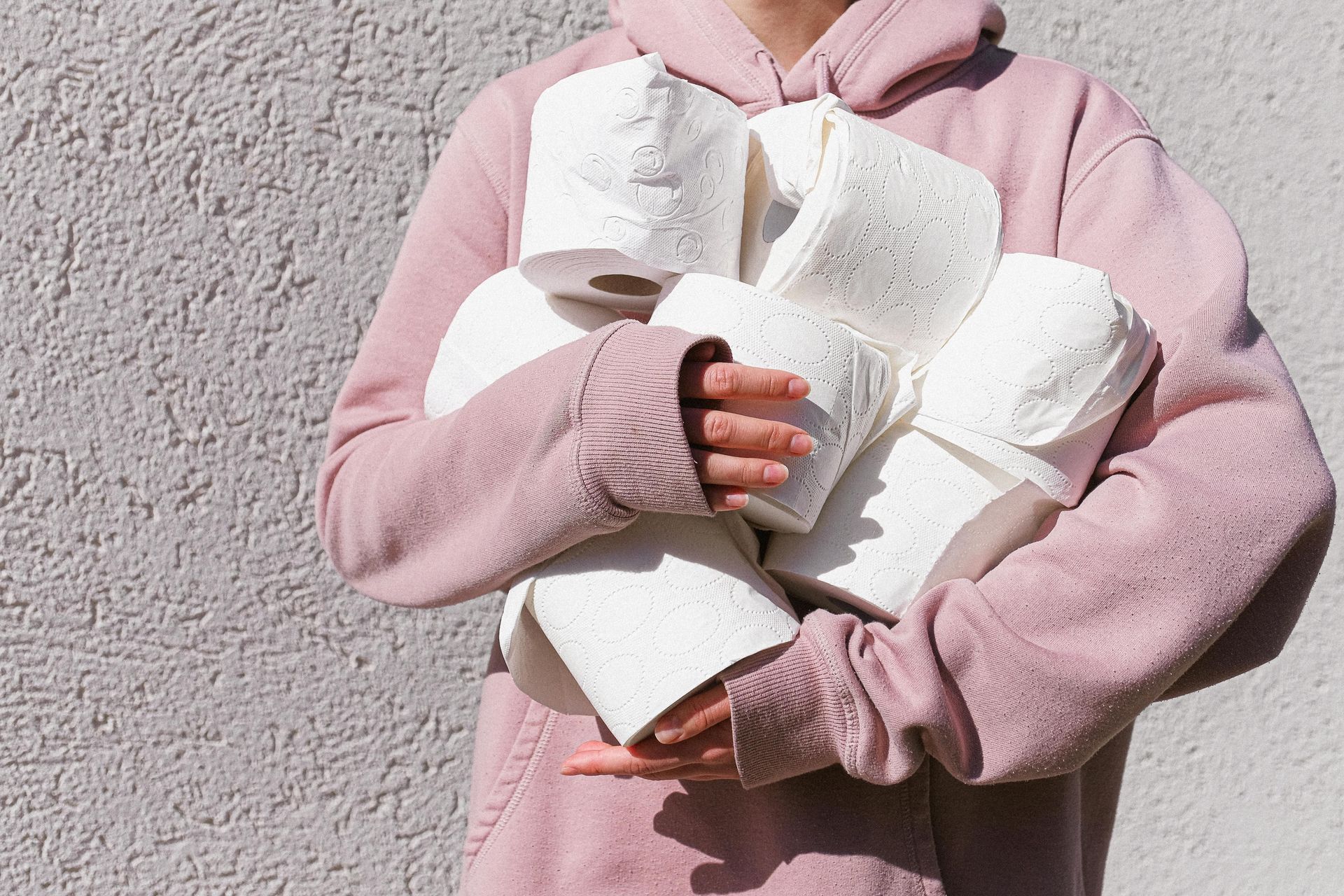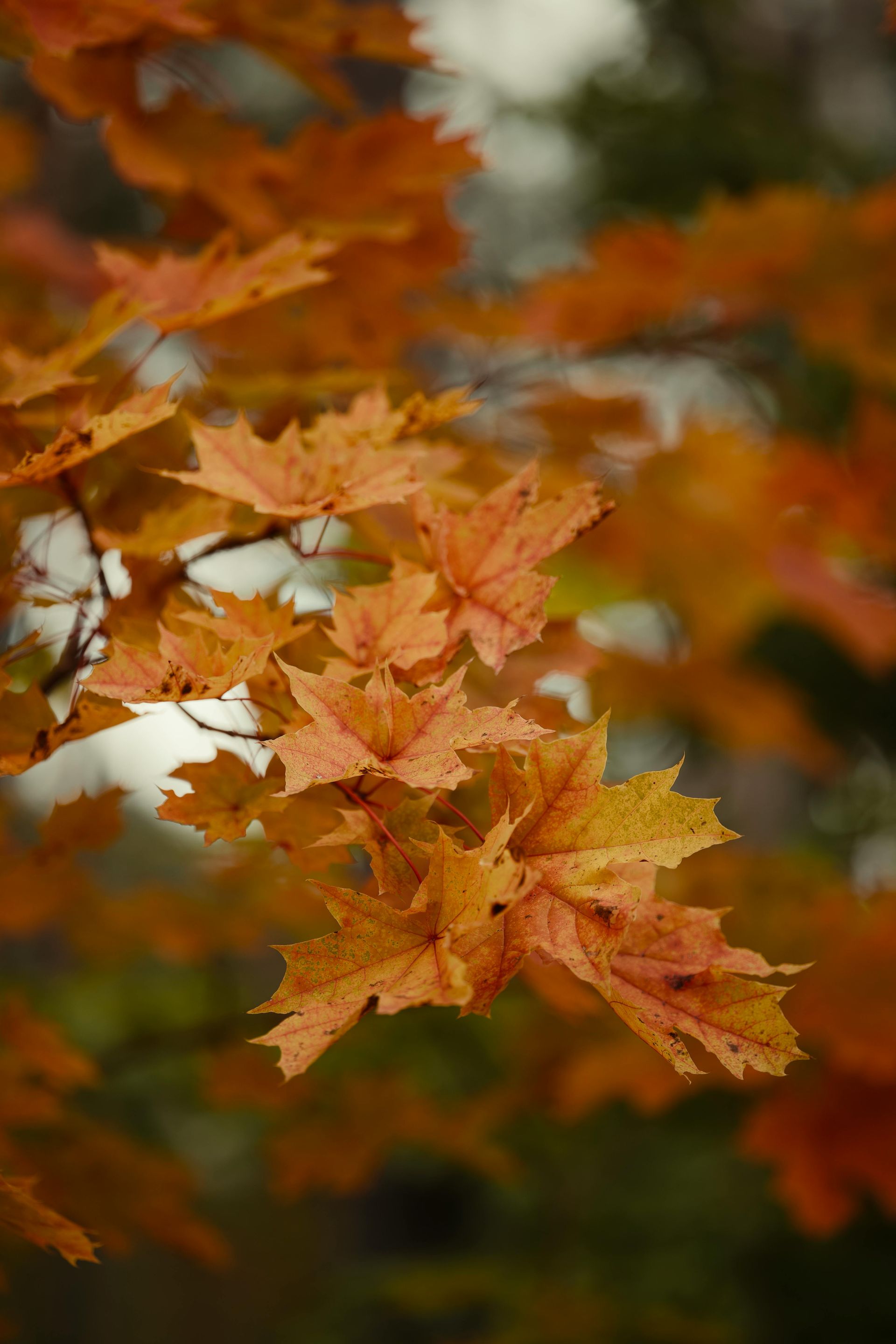Why new movements are your brain's fave
Because movement really is medicine for your brain
If you've been here a while, you know that I regularly bang on about the importance of movement on every aspect of your health.
But here's one that I don't think I've talked about before.
And I came to be thinking about it following our Mini-Retreat afternoon recently.
We started the afternoon with silly games. Well, we started with cake actually, but it was games after.
Sort of like a children's party now I come to think of it.
The games all involved doing movements that we don't usually do. Some were "simple" hand movements that had everyone laughing "Wait. What? How is this so difficult?".
Others involved balancing or moving arms or legs in novel patterns.
Why are these things important?
When you're a child, you're constantly learning how to do new physical actions. Whether that's crawling to walking to running; tying our own shoelaces, or learning to write.
What we're doing is building neurological highways that run from our brains to our muscles. And we don't stop doing this just because we're adults. We can, and should, still be building new highways throughout our life.
What do these highways do?
Your brain is the most energy-hungry organ in your body, using about 20% of total energy while accounting for 2% of body weight.
And it wants to make sure that it uses this energy as wisely as possible. So it builds short cuts that allow it to stop having to actively think about an action. For example - when you first learn to drive a car, it's mentally exhausting! Doing the pedals, steering, watching in front and behind, changing gear. All.at.the.same.time 🤯
But once you've been driving a while, you stop having to think about all the individual actions and you just...drive.
That's the highways in action, it becomes automatic.
If it wants to conserve energy, why does the brain like novelty?
When you learn new things, your brain gets a dopamine hit that it loves and wants more of. And why have we evolved this dopamine reward if we're all about the conservation of energy?
Because learning new things enhances the brains ability to create new connections, as well as strengthening existing connections. And in a beautiful virtuous circle, makes it easier to learn even more new things.
It also makes it easier to consolidate memories (so you can recall things better); as well as leading to more creative thinking and more flexible approaches to solving problems.
These are things our ancestors would've needed as they moved from place to place, looking for food, shelter and watching out for danger.
So we've evolved for all of this novelty to make us feel more motivated; and be in a better mood, allowing us to have lower stress and anxiety levels and continuing to learn effectively.
Can you create a menu of new movement?
Yes, absolutely! Here's a good one to try:
Grab a tennis ball (or other similar), and standing on one leg, throw it from one hand to the other while watching the ball move.
Don't forget to do it standing on the other leg too.
This practice forces inter-limb coordination, and creates a cross-body map in the brain. And because you're standing on one leg, your nervous system has to respond more quickly because of the instability.
This sharpens: reflexes, balance, coordination, your ability to control large and small muscles (aka motor control) and your brain's ability to know where your limbs are (aka proprioception). And together, these increase your brain's resilience.
Why's it harder to learn new things when we're stressed?
When we're stressed, our interroceptive system - the part of our nervous system that constantly monitors our levels of being safe and OK - wants to make sure we've got enough energy available to meet fight or flight needs.
So it shuts down our ability to do other energy-hungry activities like learning new stuff and unnecessary movement.
Meaning, you'll definitely find it harder to learn how to do new physical movements if you're stressed.
Don't forget you can use visualisation too.
Remember a couple of weeks ago, I was talking about how visualisation helps you do things better? Imagining yourself doing the activities will add extra oomph to your learning.
Other coordination games your brain will love!
Try these two brain buzz activities we did last Sunday. They'll improve coordination, motor control and reflexes and are much harder than they look!
Let me know how you find them.










